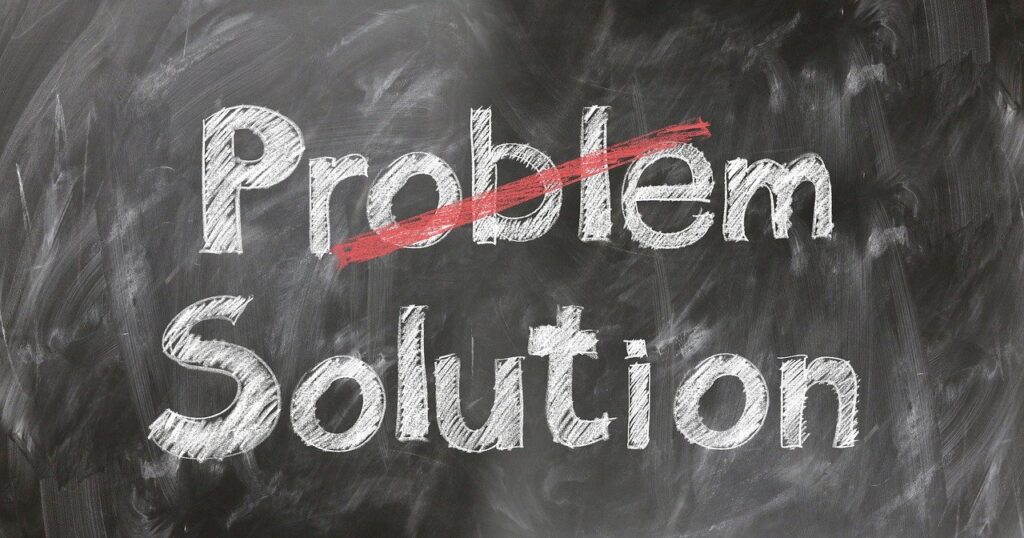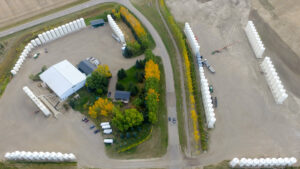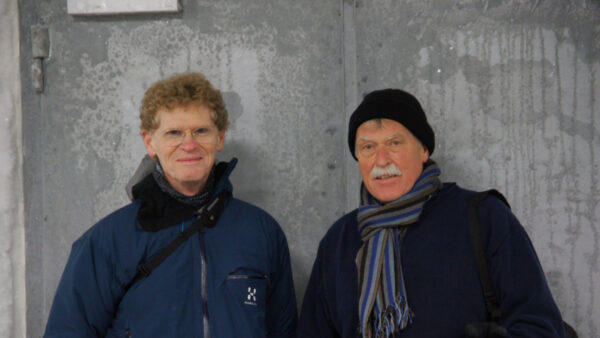You hear it all the time — knowledge is key. The more you know, the better you will be at what you do.
It’s become a cliché if there ever was one, but I can attest to the fact that it’s true, and a necessary part of being a good territory manager. But knowledge is only a part of the equation.
I’ve worked in a variety of roles over the years. I operated a row crop sprayer and a grain elevator. I managed fertilizer buildings and crop input centres. I looked after IP soybean contracts and oversaw soybean seed production.
I’ve gained a lot of knowledge over the years but coming to Nexeed helped me learn how to pair my knowledge with the crucial task of building trust.
Yes, I’ve been learning all I can about how Cimbria equipment adds value to customers from start to finish, but all the know-how in the world doesn’t make you a good territory manager. Knowing a lot about what you sell is definitely an asset. It’s necessary. But having been in my current role for just over a year, I’ve learned that it’s using your know-how to build trust with clients that results in true success. How do you do that?
Relationship building. Every call isn’t a sales call. Sometimes it’s just about getting to know the client, and them getting to know you. Getting your name out on social media helps a lot, too. I’ve tried to be more active on Twitter. People want to do business with someone they know.
Have an objective other than making a sale. Whenever we make contact with a client, we have an objective — whether it’s finding out exactly what they need or just making an appointment to chat. Having something in mind to accomplish other than “making a sale” is hugely valuable. No one likes the pushy sales guy.
You’re selling a solution, not a product. Your product is just a way to help the client solve a problem. They’ll remember you most for helping them make their life easier, not for the product you sold them. Every sale I’ve made has helped my client fix a problem they have. Maybe their equipment is old and worn out, or maybe they’re building a brand-new facility and need state-of-the-art equipment.
All three of the above help you build trust and be a truly great territory manager. If someone doesn’t believe in you and what you offer, they won’t buy from you, plain and simple. Yes, learn all you can about your product — but don’t forget the trust factor.









